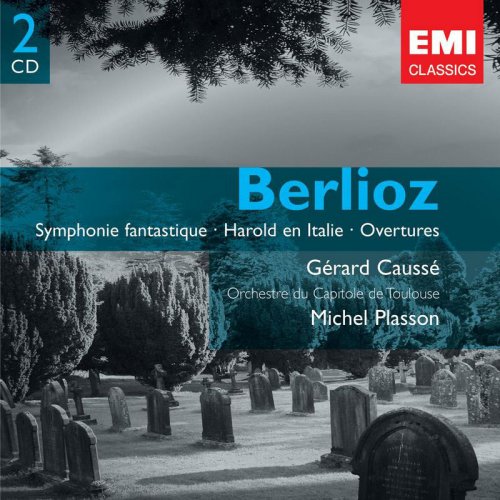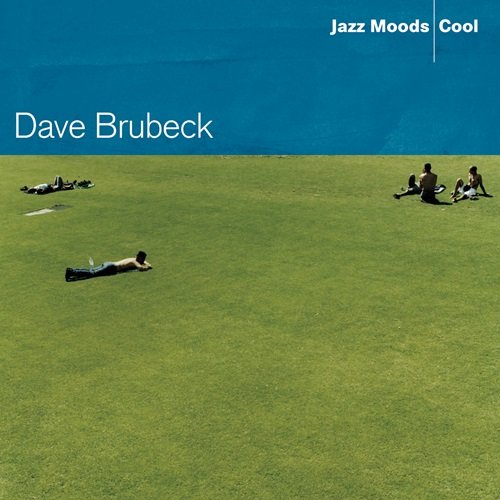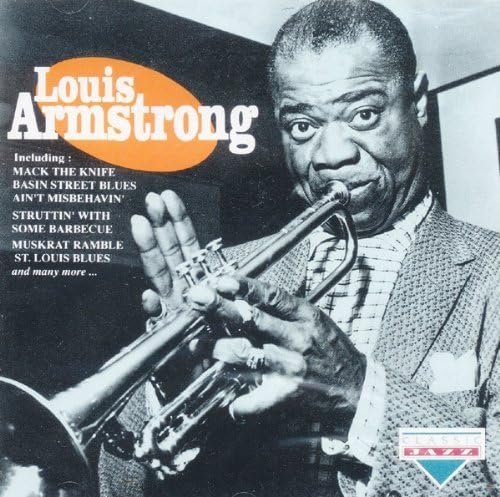Gérard Caussé, Orchestre du Capitole de Toulouse, Michel Plasson - Berlioz: Symphonie Fantastique & Harold in Italy (2006)

Artist: Gérard Caussé, Orchestre du Capitole de Toulouse, Michel Plasson
Title: Berlioz: Symphonie Fantastique & Harold in Italy
Year Of Release: 2006
Label: Warner Classics
Genre: Classical
Quality: flac lossless (tracks)
Total Time: 02:08:03
Total Size: 521 mb
WebSite: Album Preview
TracklistTitle: Berlioz: Symphonie Fantastique & Harold in Italy
Year Of Release: 2006
Label: Warner Classics
Genre: Classical
Quality: flac lossless (tracks)
Total Time: 02:08:03
Total Size: 521 mb
WebSite: Album Preview
CD1
01. Symphonie fantastique Op. 14: I. Rêveries - Passions
02. Symphonie fantastique Op. 14: II. Un bal
03. Symphonie fantastique Op. 14: III. Scène aux champs
04. Symphonie fantastique Op. 14: IV. Marche au supplice
05. Symphonie fantastique Op. 14: V. Songe d'une nuit du Sabbat
06. Le Carnaval romain Op. 9
07. Le Corsaire Op. 21
CD2
01. Harold in Italy Op. 16: I. Adagio - Allegro me non troppo (Harold in the Mountains)
02. Harold in Italy Op. 16: II. Allegretto (Procession of Pilgrims)
03. Harold in Italy Op. 16: III. Allegro assai - Allegretto (Serenade)
04. Harold in Italy Op. 16: IV. Allegro frenetico (Orgy of the Brigands)
05. Benvenuto Cellini: Overture. ACT 1
06. Waverley Op. 1
Hector Berlioz was a master of program music, and for two of his most famous orchestral works -- Symphonie fantastique and Harold in Italy - the program is an intrinsic part of the full appreciation of the music. As is so often the case in compilations such as this one, the liner notes fall extremely short. While it is not the responsibility of liner notes to provide a thorough history lesson, the scant three paragraphs describing the "story" of Symphonie fantastique and the bare mention of the idée fixe would do little to inform any novice listeners for whom a collection such as this is ostensibly marketed.
Beyond the liner notes, the performances heard on the CD itself provide a satisfactory introduction to the orchestral works of Berlioz. The Orchestre National du Capitole de Toulouse under the direction of Michel Plasson is an energetic and capable group of musicians, but there are a few characteristics that prevent this from being a definitive recording. For one, the tympani almost always covers up the majority of the orchestra. The principal oboe's sound is sometimes quite shrill, not matching the warmer sound of the rest of the wind section. The ensemble does not always execute attacks in precise unison, and articulation is not as defined as it should be.






![Clifton Chenier - Louisiana Blues and Zydeco (1965) [Hi-Res] Clifton Chenier - Louisiana Blues and Zydeco (1965) [Hi-Res]](https://img.israbox.com/img/2025-12/20/sbk3avlyv35pi9c6lq1p1fkea.jpg)

